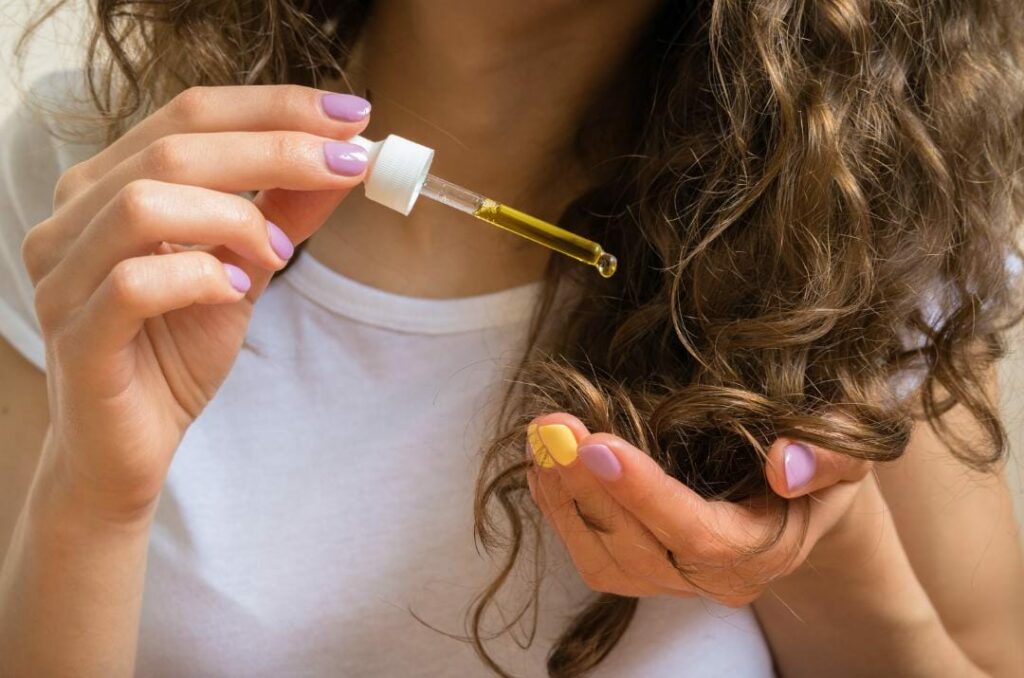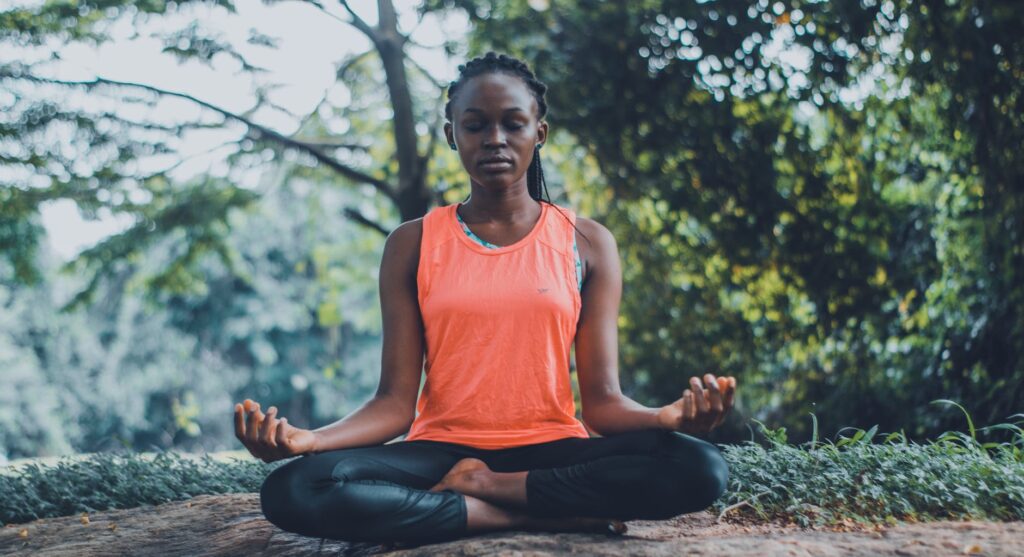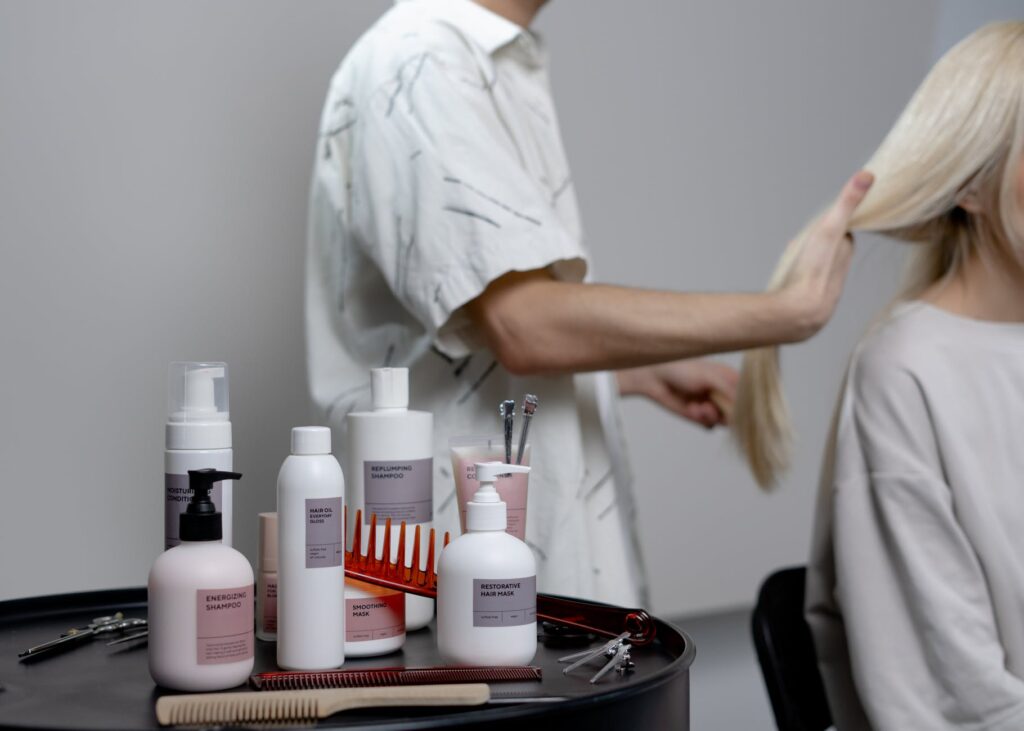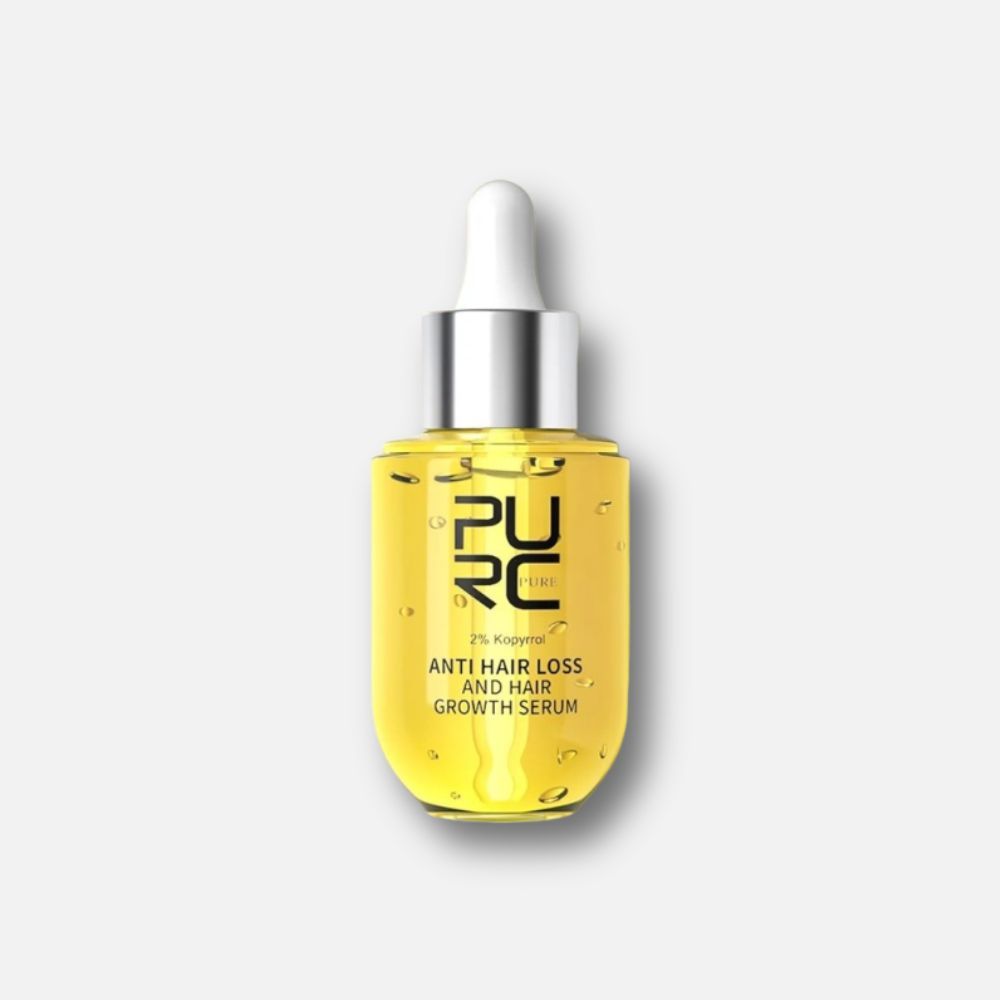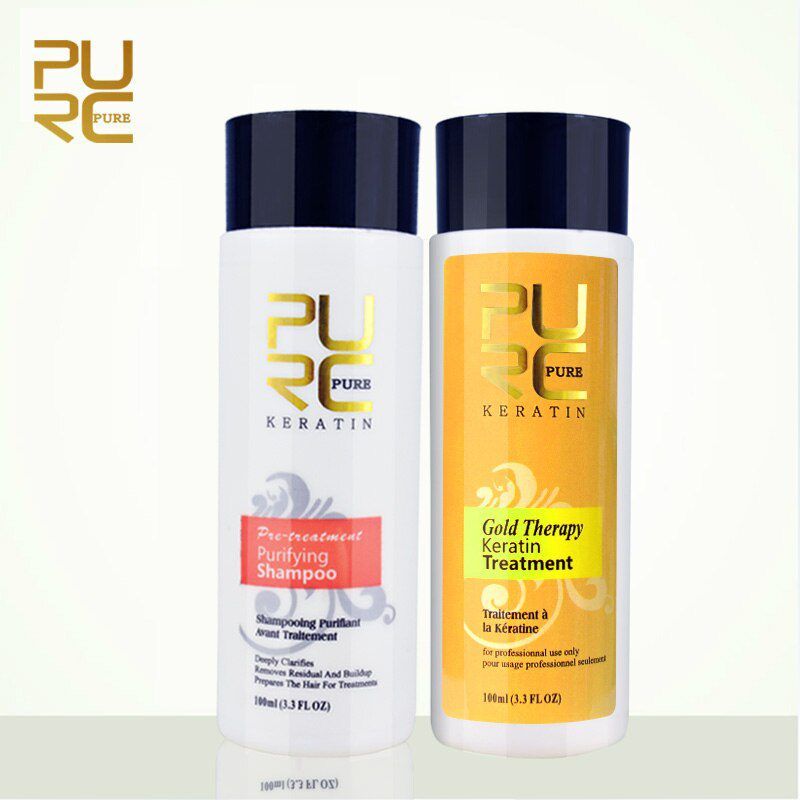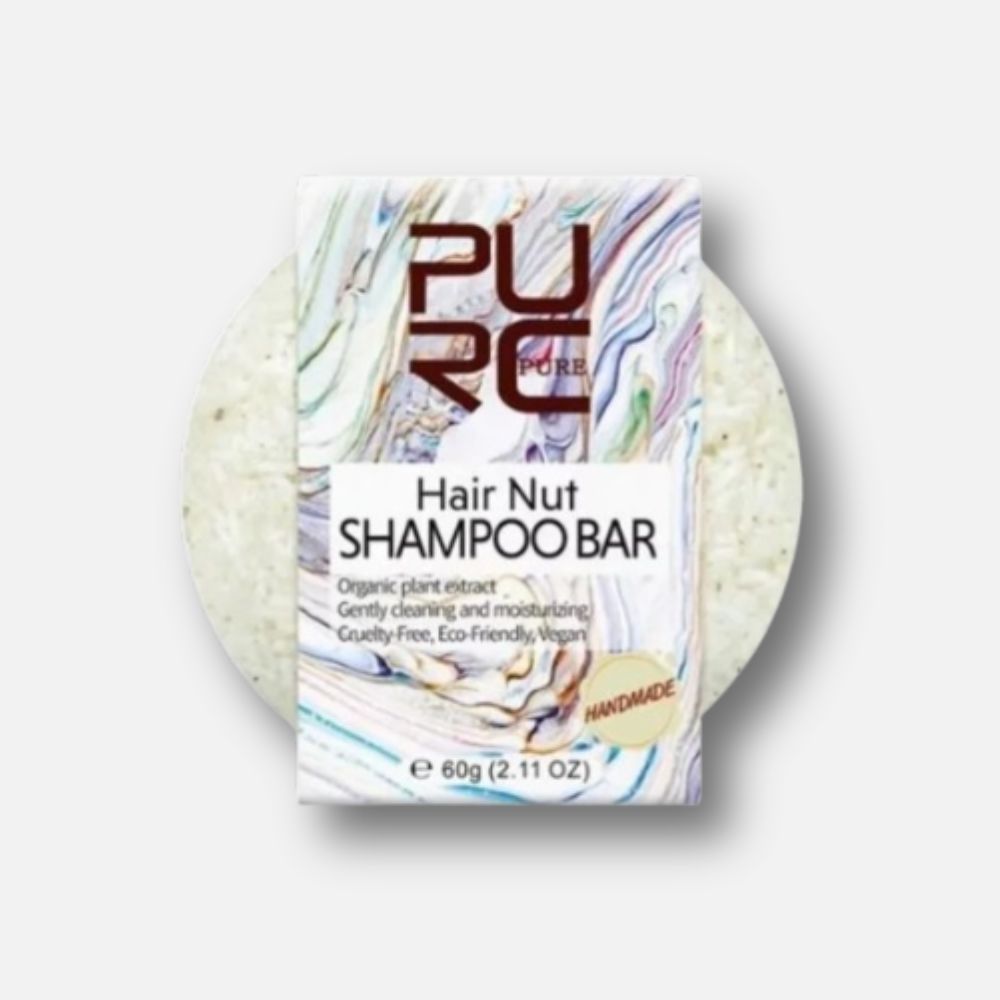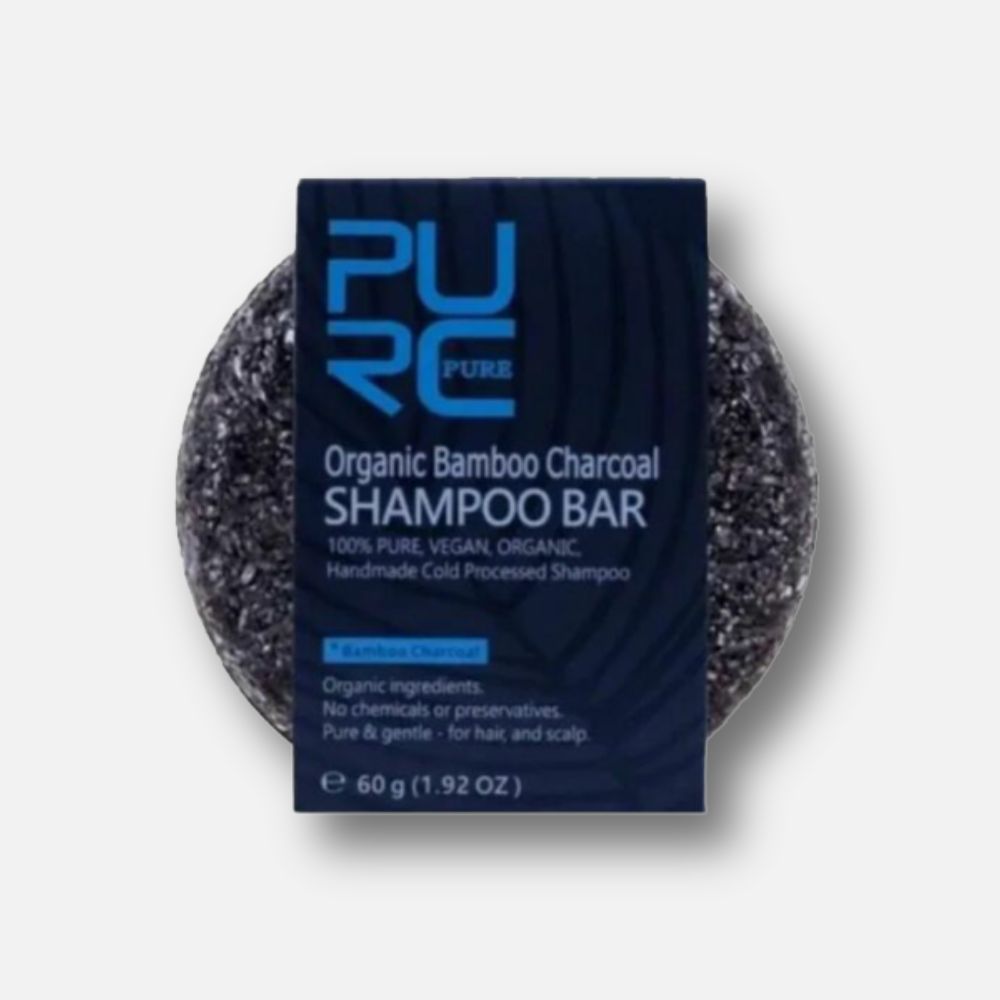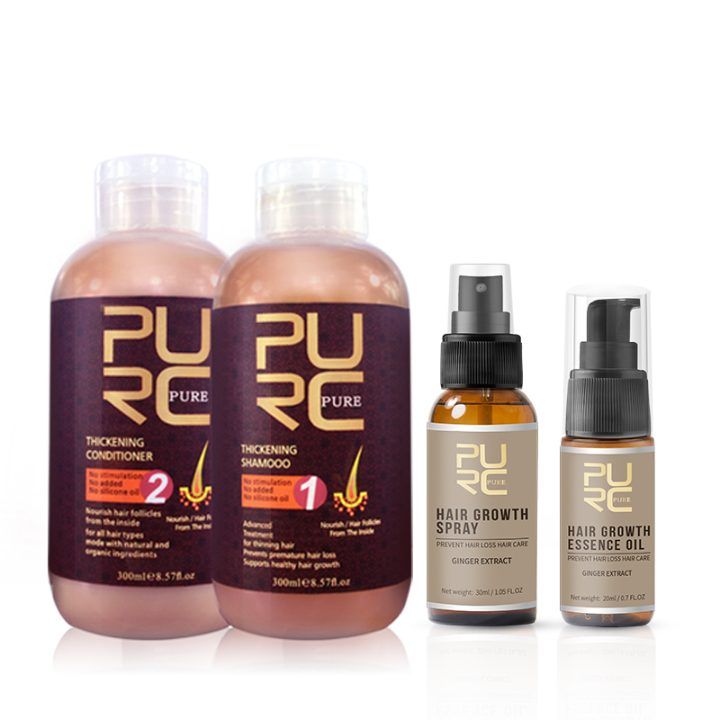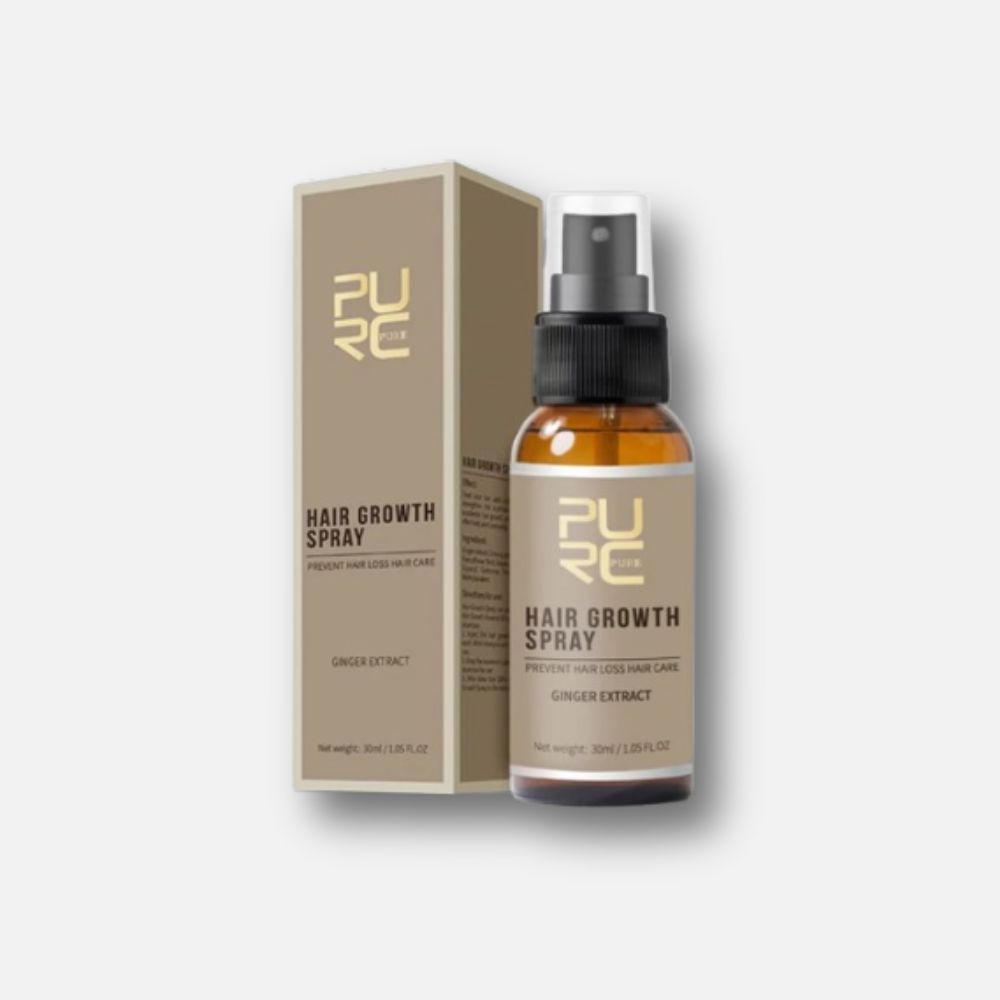3 Ways to Deal with Post COVID Hair Fall
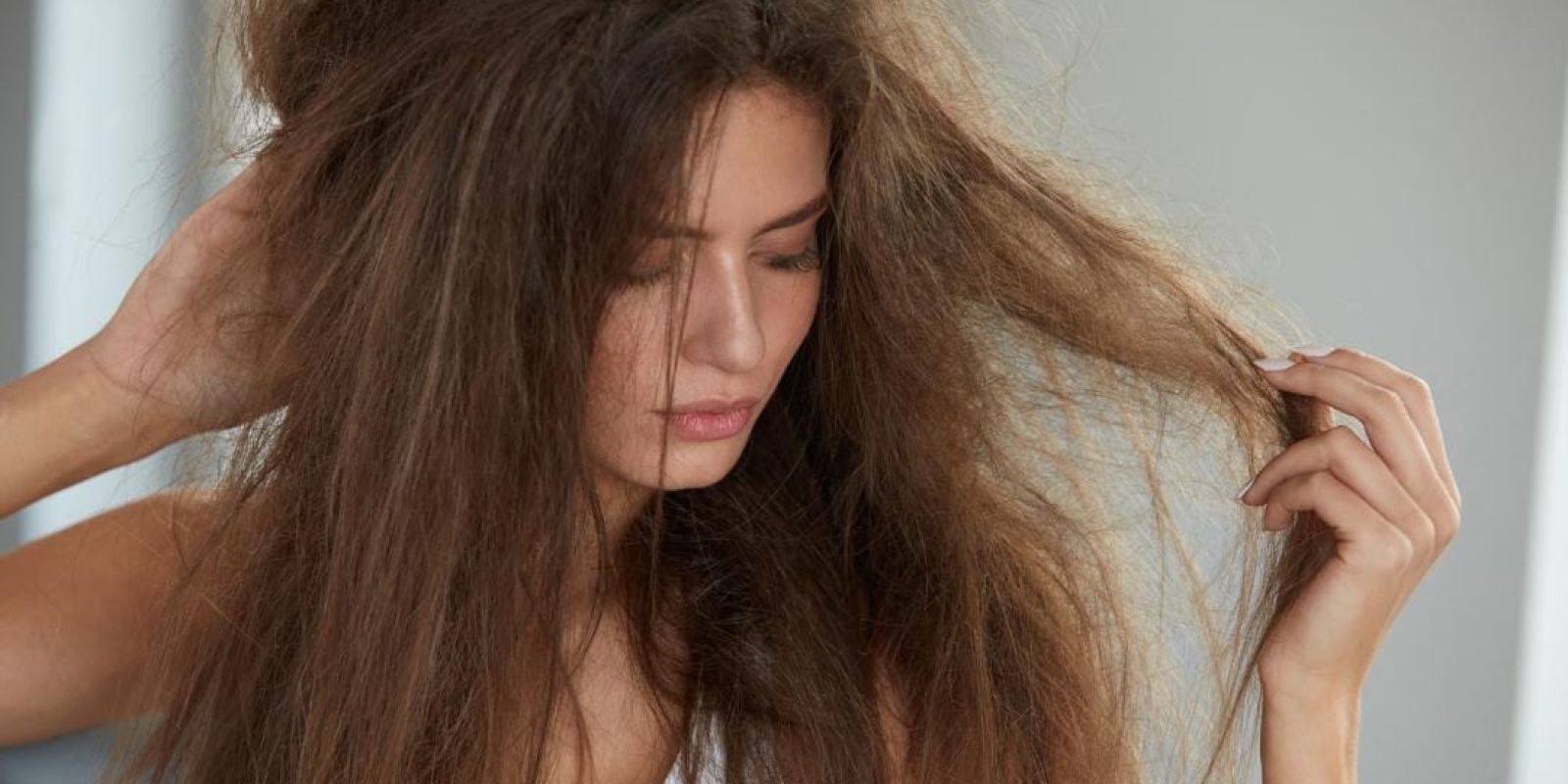
No More Fretting Over Falling Hair.
While the virus comes with its own symptoms you will be surprised to know that it also leads to post covid hair fall!
An average person typically loses about 50-100 strands of hair every day, which isn’t a lot considering there are thousands of strands on your head. While natural shedding is a healthy bodily cycle, excessive falling out of hair can be a sign of an underlying issue. In the modern lifestyle of today, the problem of hair fall is common to all of us. It can develop over the years or start suddenly. From stress to unhealthy diet to pollution, there are many factors that contribute to this.
Usual signs of hair fall include noticeable changes such as receding hairline, balding patch, loose hair in your combs, hairs clogging the drain, and itching. Hair fall is extremely common and can be found as a hereditary issue in about 50% of the population. Other than genetics, hormonal changes, and environmental factors, hair fall can also be seen as a result of illnesses. The recent addition to this is Covid 19.
Why Does Hair Fall Happen?
A typical hair cycle has three phases: Anagen, Catagen, and Telogen.
The Anagen or growing phase is about two to eight years long. It is the phase where about 90 percent of the hair on the scalp is in an active growing phase. The Catagen or transition phase is about two to four weeks long, where the hair follicles start to shrink up. Nearly 5-6 percent of the hair is in this phase. The shedding or the Telogen phase is the resting phase after which your hair starts to fall. This phase lasts up to three to four months. Usually, when your hair falls out, new hair starts to grow from the same follicle soon after. The repetition of this cycle is what causes hair fall.
How Has Covid 19 Affected Hair fall?
Covid 19 is a contagious disease caused by the SARS-CoV-2 virus. The virus had taken over the world in 2020 and still has effects that are felt everywhere. From our day-to-day routine to our health, many aspects of our lives have changed since then.
While recovering from covid, people experience many issues that continue for quite some time. One of these issues is the problem of hair fall. While it is something that all of us have gone through, post-Covid hair fall is different and can last for about four-five months.
This hair fall mainly happens due to excessive stress from the viral disease, inflammation, and the deficiency of vitamins like B12 and D, etc. This hair fall is known as Telogen Effluvium and results in the loss of 300-400 hair strands each day. Due to the severity of the illness, a large portion of the hair starts to shed because of stress and/or shock. While the exact reason why hair fall is triggered is not certain, it is speculated that it hinders the production of cell and protein generation in the scalp.
What is Telogen Effluvium?
Under normal conditions, our hair goes under its cycle of growth and shedding as usual. But when our body experiences heavy stress periods it can accelerate the cycle. This results in the hair reaching the Telogen Or resting phase faster. Due to this, large amounts of hair can start shedding off. This is known as Telogen Effluvium. This condition can last up to 4-5 months and take up to 8-9 months to recover.
How To Manage Post Covid Hair Fall?
Thankfully, it is a temporary situation and can be controlled with a few measures and practices.
- Improve Your Diet
What food we eat affects our day-to-day lives. Since Covid 19 results in the deficiency in the production of certain vitamins and proteins. It is advised to include food items that are rich in Vitamin D and B12. Include food items like eggs, yogurt, cheese, milk, seafood, etc. Not taking sufficient amounts of vitamin D and B12 can also cause issues like amnesia and calcium deficiency.
It is also advised to have food that has high iron as it can help boost hair growth. You can try different recipes that include spinach, quinoa, chickpeas, tofu, etc. You can also have roasted pumpkin seeds or dried fruits as snacks to munch on every now and then.
- Take Care Of Your Hair And Scalp
It is important to keep your hair and scalp clean, but excessively washing or sanitizing the hair can damage it instead. Maintain hair and scalp hygiene while not overdoing it. Your hair might turn dry and frizzy otherwise.
Deep conditioning masks and conditioners can be used to provide the extra care that your hair needs. Massaging your head with coconut-based oil is also known to help with growth. Coconut-based oils are known for having high levels of lauric acid and saturated fats. This prevents your hair from oxidation and helps to repair damage by protecting the hair shafts.
Putting in hair oil while massaging will help improve blood circulation in your scalp, which will help in hair growth. Hair oils will also help in making the hair lustrous, soft, and smooth. It will counter split ends and frizz too. You can use oils 25-40 minutes before hair wash to avoid greasy hair yet have conditioning. Don’t overuse the oils as that might be counterproductive.
- Reduce Stress From Outside
Another important step is reducing stress from all and any external sources. Stressing can severely affect your hair by forcing more of the hair into the shedding phase. Stress-relieving techniques can be practiced to reduce mental and psychological stress. You can try yoga, meditation, massages, art therapy, and so on. It is important that while you’re recovering you have strong emotional support around you. This will help in the recovery process. Reducing workload and getting adequate rest is also a great way to limit stress. Getting good rest and sleep gives your body time to recover. This can increase the speed of your hair growth.
While it may be worrisome and distressing to see the hair fall, maintaining a calm attitude is crucial. The body is still recovering and putting more stress on it will not help. Typically, the post-Covid shedding will gradually decline over the course of 6-8 months after recovery since it is temporary only. Therefore, you should try to be patient and not worry about things.
Will The Hair Fall Ever Stop?
The answer is yes and no.
While the hair fall caused by situations of illness or stress, like post-Covid hair fall, will eventually stop, your normal hair fall won’t. Hair fall is a normal part of the cycle and will happen in its due course. This is nothing to worry about as new hair grows as soon as they fall.
In case conditions like post-Covid hair fall, since the amount of hair falling is larger than the amount of hair growth, it might take some time to recover. Nonetheless, your hair should enter its normal cycle within 9 months or so. If the hair loss persists or the reason seems to be something other than this, it is advised to contact a dermatologist.
Whatever be the situation, taking care of your hair will always help you have lustrous and healthy hair. A healthy diet, reduced stress, and a good hair routine can work wonders for your hair and its growth.
About The Author







